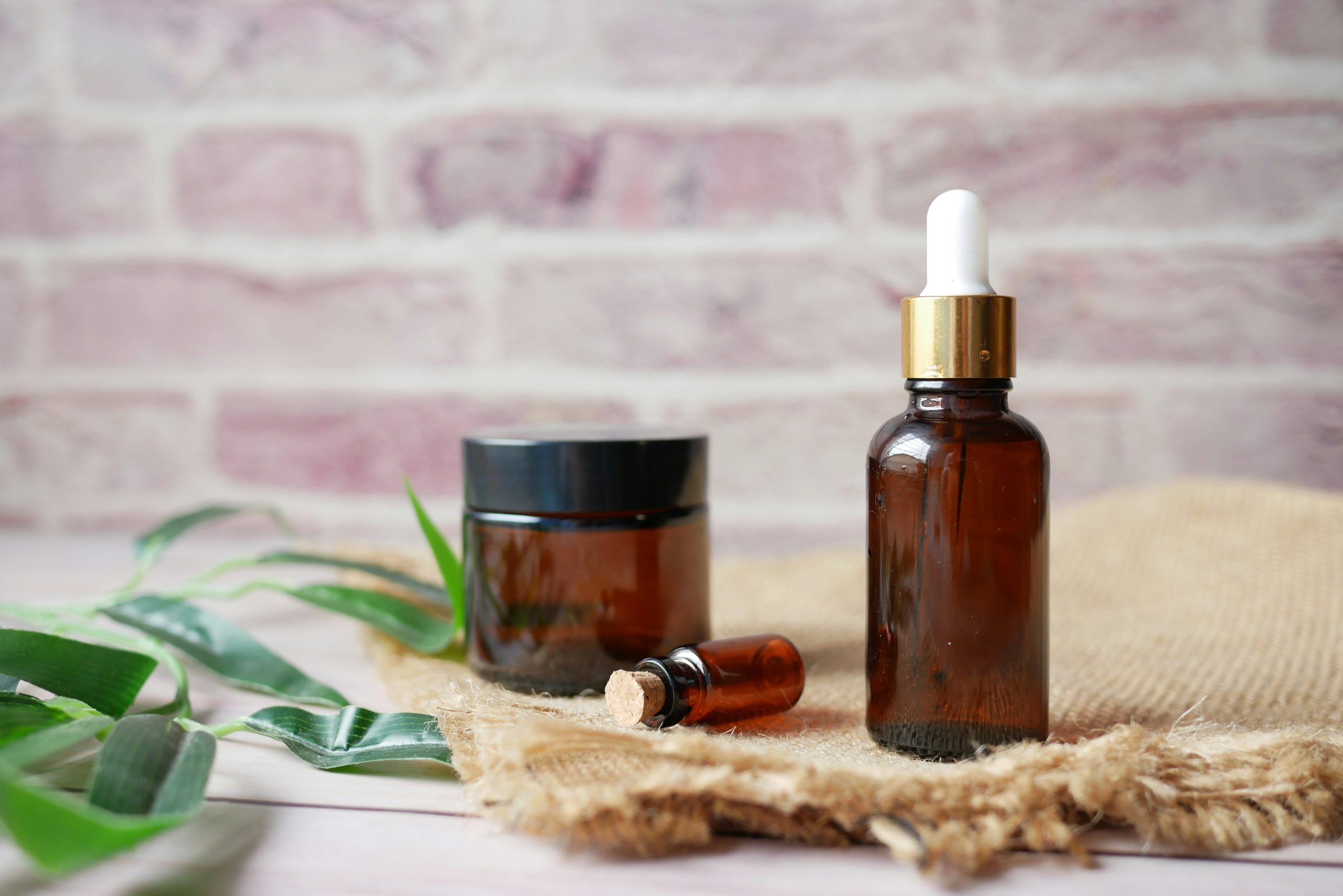
Natural Handmade Aromatherapy Products
About
Gaia Olea was founded 10 years ago, it started as a stall in local markets and on Etsi – selling things that Elsie (owner & founder) made. This happened organically, she was making products for herself and was looking for a career shift. She was already selling things (handcrafts) that she had collected during her travels to Asia in local markets. Her partner suggested she try to sell the products that she was already making for herself (eg. Soaps). This was common in other countries but not common at the time in Cyprus. This went really well. So this started as a side business and through the years this became the main business. Milestone: When she decided to register herself, moving out of her kitchen, getting a workshop, getting licenses and permits. Gaia Olea attracts conscious consumer – conscious on how they spend their money (supporting businesses that are as conscious as possible), people interested in supporting their community, eco-conscious. Consumers that are curious in cultivating more of a connection to nature, people that appreciate a way of making things slow and not too complicated. The operation span is International through an Etsi shop. In the past this was more successful but due to the increase in shipping prices & taxes/duties it has now slowed down. The top selling county outside of Cyprus is the US.
Sustainable Development
Sustainability poses increasing challenges for a small business owner, exemplified by the evolving methods of packaging orders. Initially, repurposing materials like old boxes and plastic wrapping sufficed, but logistical constraints prompted the need for more varied box sizes and a reliable system. Despite the time-consuming manual processes involved in packaging, such as cutting cardboard and wrapping items, the focus remains on reusing materials rather than investing in aesthetically pleasing packaging. Efforts to remain sustainable include sourcing products locally where possible, although some raw materials still require importing. Cyprus-centric values drive the business, with an emphasis on herbalism and bio-regionalism, leveraging the country's diverse microclimates. Minimal packaging, devoid of plastic, and prioritizing recycled materials underscore the commitment to environmental responsibility. A reward system encourages customers to return glass jars for reuse, despite the lack of profitability. Additionally, efforts extend to recycling aluminum caps and supporting charitable causes.
Sustainability Impact
Sustainability is beneficial for the soul of the company, not necessarily for the pocket of the company. However, it is a matter of finding better solutions instead of giving up and saying it is not working out. Gaia Olea focuses most on conscious and ethical aspects, the focus is trying to do the greater good causing as less harm as possible, sustainability fits into this mentality.
SDGs goals and Sustainable development strategy
Goal 3. Good Health and Well-Being: Improve peoples lives, focused on making products that support peoples well being (eg. Oils that uplift peoples moods, oils that help people sleep better, tinctures that sooth your grief), even though Gaia Olea makes cosmetics, there is also a lot of these types of products produced.
Goal 14. Life Below Water: Will consider products ruining marine wildlife by not buying raw materials like dead sea mud – as the exploitation of the dead sea is so severe in cosmetics that it is predicted that ina few years it will no longer exist etc.
Goal 15. Life on Land: Will not buy raw materials that are controversial eg. Palm oil Also through fundings from the Ministry of Tourism she was able to have workshops on how to make incense with local ingredients from Cyprus such as pine resin, orange pill etc. While educating people on the harm of using mainstream materials (like white sage) which were originally used in traditions of tribal communities – these materials are now in danger of extinction due to their mainstream popularity and the communities that used them originally no longer have access to them. These are small ways, little switches in peoples every day life that allow us to live a more ethical and sustainable life and be more fair towards the earth and animals.
Strategy & Mission
Gaia Olea started with no written strategy – but recently she feels that she needs to create one – but she needs to find someone to help in this area. The founder is hoping that in the next few years she will have a better organisation of things – and that she will be able to hire people that can take over parts of the business so she no longer needs to be a part of every step. In addition, she wants to make less products and focus on a few and make bigger batches. Also to focus on making more workshops where she can inspire people to connect more to nature and encourage them to explore ways natural products can support their every-day life.
Innovative approaches &Challenges
Packaging Returning the jars system Choosing ethical raw materials It is much easier to buy from regulated suppliers that have a licence of selling cosmetic ingredients due to their consistency and constant availability of materials vs buying from local producers in Cyprus who don’t always have what is needed. But that is the purpose of her work. She is also trying to digitalise as much as possible, but for example the rule in Cyprus is that for accounting you need to print everything – a way she is trying to minimize her footprint in this regard is that she asks people to give her paper they do not need – and even if there is something printed on one side she will just strike it out and print on the other side.
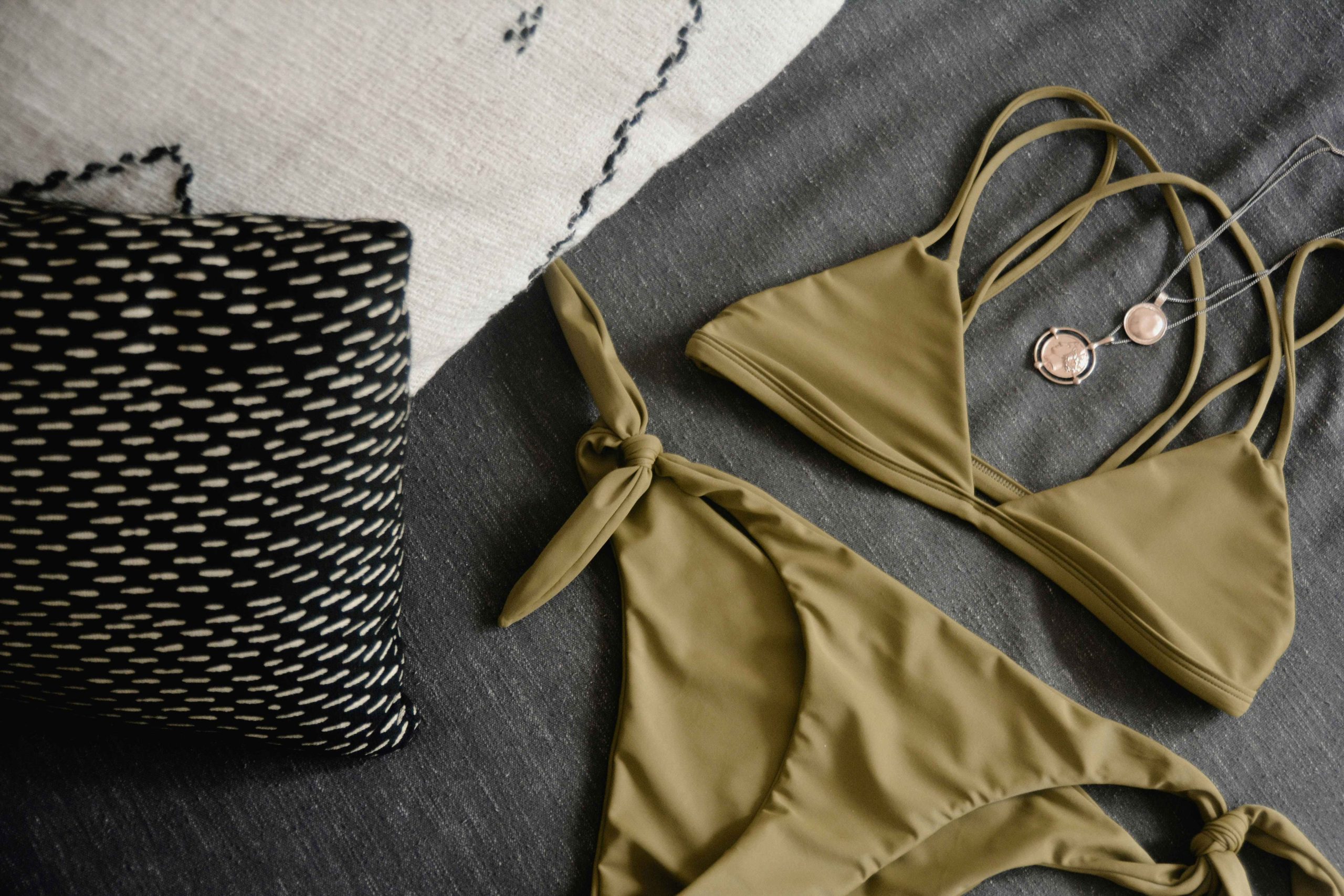
Production and sale of sustainable swimwear and activewear. Our products are designed to embrace and celebrate the female body in all its forms, using environmentally friendly materials.
About
We started in Copenhagen, inspired by Denmark's profound maritime heritage and a firm commitment to environmental sustainability. We began our journey with the vision to merge fashion with ecological responsibility, particularly focusing on the health of our oceans. The company's first major success came with the introduction of our sustainable swimwear line. A significant turning point for Copenhagen Cartel was the adoption of ECONYL® in our lines. This innovation not only underscored the company's dedication to reducing ocean waste but also positioned us at the forefront of sustainable fashion. We specialise in creating sustainable swimwear and activewear for women. Our products are designed to embrace and celebrate the female body in all its forms, using environmentally friendly materials such as ECONYL®. We target women who value both sustainability and style in their clothing choices. Our operations are primarily national, with aspirations to expand internationally.
Sustainable Development
https://copenhagencartel.com/en
Our primary sustainable action is producing swimwear and activewear using ECONYL®, a material made from 100% recycled nylon, including ocean and landfill waste. Our commitment to sustainability is a continuous process, focusing on the development and refinement of eco-friendly products and practices. Key achievements include transitioning to ECONYL® for our product lines, promoting natural beauty without photoshop in campaigns, and participating in environmental initiatives like 1% For The Planet. These efforts reflect our company wide dedication to combining sustainable innovation with ethical business practices.
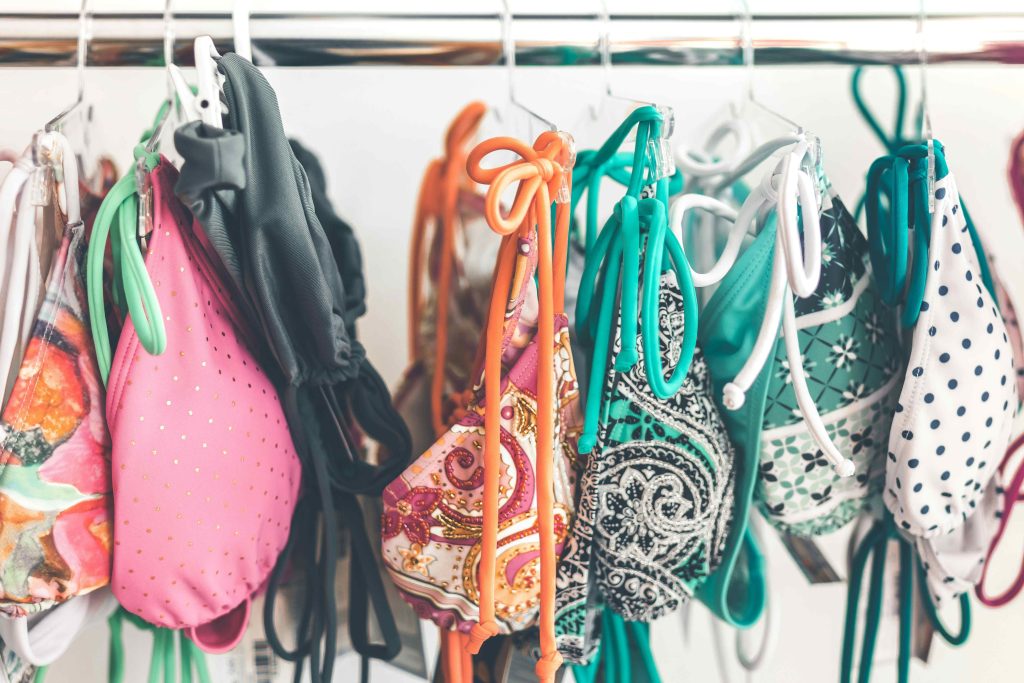
Sustainability Impact
Sustainable development is integral to our operations, deeply influencing both our business strategy and brand ethos. This commitment to sustainability not only enhances our reputation but also aligns with the values of our environmentally conscious customer base, positively impacting sales and customer loyalty. Sustainability is a cornerstone within our company, permeating every aspect of our operations, from product design to marketing. The responsibility for implementing and coordinating sustainable practices is a collective effort here at Copenhagen Cartel. While our management team plays a pivotal role in guiding and setting sustainability goals, each employee is actively involved in this process. There isn't a dedicated department; instead, sustainability is woven into the fabric of every department’s objectives and activities, ensuring a holistic and integrated approach across the company.
Innovative approaches &Challenges
At Copenhagen Cartel, we've embraced innovative solutions to meet our sustainability goals amidst challenges. A key adaptation was incorporating ECONYL®, a recycled material from ocean waste, into our swimwear, balancing environmental care with product quality and appeal. We've also redefined our marketing approach to support sustainability. By choosing not to digitally alter our models, we promote natural beauty, challenging industry norms and resonating with consumers seeking authenticity. Responding to the evolving business environment and stakeholder expectations, we've increased transparency in our communications, especially regarding materials used in our products. This move towards greater clarity came from recognising our customers' growing environmental awareness and demand for honest information. Additionally, our participation in the 1% For The Planet initiative reflects our commitment to broader corporate responsibility. Contributing 1% of our annual turnover to environmental causes, we align our business operations with our ecological values. These steps demonstrate our dedication to sustainable and ethical practices. We're not just a fashion brand but a proactive participant in the sustainable business community, constantly innovating and adapting to make a positive impact on both the planet and society.
Impact Evaluation
At Copenhagen Cartel, we actively monitor the impact of our sustainable practices, focusing on key areas like carbon footprint reduction, employee satisfaction, customer feedback, and community engagement. By using ECONYL®, a recycled material, we've significantly reduced our carbon footprint, a fact we assess annually to measure our environmental progress. This approach not only lessens environmental impact but also contributes to our overall business sustainability. Employee satisfaction, gauged through regular internal surveys, has shown positive trends. Our team's alignment with our ethical and environmental values creates a more fulfilling work environment. Customer feedback, essential in understanding public perception, is gathered continuously. The positive response to our sustainability efforts indicates strong customer support for our environmental objectives. Our involvement with 1% For The Planet has notably improved our community relations. This initiative reinforces our commitment as a responsible business, enhancing our community standing. Overall, these sustainable practices have not just minimised our environmental impact but also bolstered our brand reputation, improved employee morale, and strengthened our stakeholder relationships. These outcomes underscore the effectiveness of our integrated sustainability strategy in our business operations.

Producing and supplying an alternative made partly from upcycled Danish leftover apples from juice and cider industry.
About
Our story starts with Hannah Michaud who studied Sustainable Fashion at the Copenhagen School of Design and Technology. She got the idea to make a material from food waste in a course where she learned to look to nature for design inspiration. She started to study the apple waste in juice and cider production - the core, seeds, and stems left over after pressing for juice or cider from both - a scientific and exploratory perspective. When she found out that there is no real alternative to leather, she got inspired to use this new waste-based material as a leather alternative. Hannah’s idea soon garnered the attention and support of Mikael Eydt, and Leap came to live in 2017. We've created Leap, a circular apple-waste based leather alternative with over 85% bio-based composition. It features a three-layered structure: apple waste blend core, Tencel™ textile backing, and a water-based, partially bio-based, PU coating for durability and waterproofing. Our goal is to achieve 100% natural material. Leap serves various industries, from small leather goods to automotive, and is produced in Denmark for global shipping. We believe in celebrating waste by transforming it into valuable and beautiful products. Our commitment to transparency drives us to communicate openly about our products and processes, as we thrive on overcoming challenges and pushing boundaries.
Sustainable Development
The main sustainable point is in our product – Leap. As mentioned previously, Leap is the core of our business. One of our main values is to be fully transparent. That’s why we do not refer to Leap as being a fully sustainable alternative but rather as a next-gen material. However, we are on a clear path to becoming 100% natural, which highlights our commitment to constant development. Currently, Leap has 89% bio-based composition. Our development is also in our structure of the material, where Leap was previously less than 85% biobased. Utilizing energy-efficient production methods, we have managed to streamline the creation of Leap® to just 1 day, reducing water consumption by a remarkable 99% and cutting CO2 emissions by approximately 85%* compared to traditional leather production. (*Internal calculations based on: Leather Carbon Footprint - Review of the European Standard EN 16887:2017 (United Nations Industrial Development Organization) Moreover, our material production completely avoids the use of harmful substances, reflecting our commitment to responsible practices
Sustainability Impact
One of our main aims is to embark on this journey together to shape a brighter future for materials. Our patented process revolutionizes the production of leather alternatives and advances the industry towards using waste for good. As a B2B supplier, we are committed to shaping a more responsible future for a broad spectrum of industries. From leftover cider and juice production to an upcycled high value material, our next-gen material humbly contributes to making a difference while addressing the mounting amounts of apple pulp generated each year. We have the Head of Product Development & Sustainability present on our team. The seek for an alternative: -According to the research from: State of the industry report, Next-gen materials – 2021 (Material Innovation Initiative) 38 out of 40 leading fashion brands are actively searching for the next-gen materials. And why apple waste? - According to the publication: Sustainable use of apple pomace in different industrial sectors, there are several factors such as: -4 mio tons of apple waste are generated every year -It’s an untapped resource available almost worldwide. -Approx. 25% of the apple fruit goes to waste -The accumulation of apple pulp has become an environmental concern. *Reference: https://www.researchgate.net/publication/358913042_Sustainable_Use_of_Apple_Pomace_AP_in_Different_Industrial_Sectors
SDGs goals and Sustainable development strategy
Goal 9. Industry, Innovation, and Infrastructure: One of the main SDGs that Beyond Leather focuses on is fostering sustainable innovation. By utilizing leftover apples to create a next-gen material / leather alternative we are at the forefront of technological advancements in materials science. Our commitment to local source and production in Denmark also supports a resilient and efficient supply chain. Through continuous research and development, we aim to inspire positive changes in the industry, promoting more sustainable practices and reducing the environmental impact of traditional leather production. As mentioned previously; we reduce water consumption by 99% and cut CO2 emissions by approximately 85%* compared to traditional leather production. This is based on Internal calculations based on: Leather Carbon Footprint - Review of the European Standard EN 16887:2017 (United Nations Industrial Development Organization)
Goal 12. Responsible Consumption and Production: Through the use of glass jars, and ensuring minimal waste in their practice of production as well us during their workshops. They also encourage people to turn to nature to find edible and nutritious plants instead of only consuming through buying products from mainstream supermarkets.
Goal 13. Climate Action: Addressing the urgency of climate action outlined in SDG 13, our production process plays a vital role in reducing and lowering the carbon footprint associated with Leap production. The use of leftover apples from Denmark as the primary raw material significantly lowers greenhouse gas emissions compared to traditional leather manufacturing. We want to provide a sustainable alternative that not only minimizes the environmental impact but also encourages the shift towards using waste for good in a broader spectrum of industries
Strategy & Mission
Our Philosophy at Beyond Leather Materials is: Make Waste Beautiful - Show the world that there is beauty to be found in waste with a potential for creative inspiration. Use Waste for Good - Advance the leather industry towards using waste for good and redefine materials with upcycled waste. Reshape the Future - Upcycle waste into material for industries from small leather goods to the automotive industry.
Impact Evaluation
We’re currently on the scale of having 89% bio-based content in our Leap product, which was a great development for us. Regarding emissions or water consumption read section on Sustainability Impact.
Motivation
I think our main motivation is our philosophy in what we see we can achieve with Leap and how we can contribute to the better future.
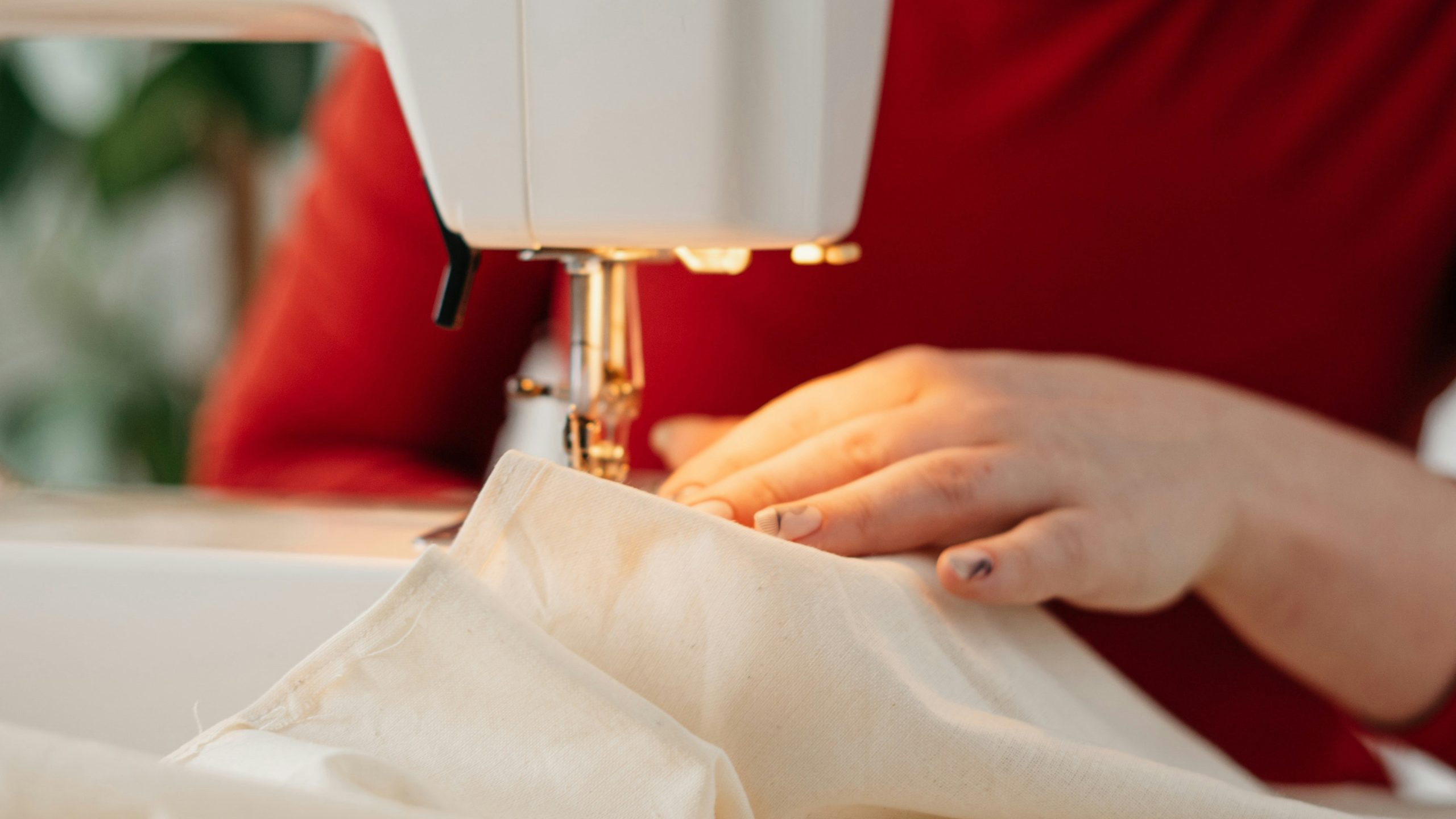
Garments created to represent feminine identity, a classic appeal and contemporary expressions, favouring pattern-cutting for ease-of-wear day and night. All of our collections are designed and made by women in Cyprus
About
Georgia Moditi is the eponymous Nicosia-based brand of Georgia Moditi, the label’s creative director and founder, established at our home store in Griva Digeni 80, Kaimakli 1021, since 2014. Over the years our business has expanded with the creation of our House&Co products and our sewing workshops, through which our philosophy of slow fashion is promoted.
Sustainability Impact
Producing ethically, reducing waste where we can, constantly findings ways to be more transparent is of great importance for us. Apart from the environmental impact of the above, this sustainable development has significantly reduced our company’s costs.
Sustainable Development
In addition to our everyday efforts to promote local production and waste reduction as well as to prolong material lifecycle, our experience in the field of sustainability is mostly manifest via our slow sew workshops where we seek to teach people about excessive and mass production in the fashion industry alongside its impact and rather shed light on a “greener” approach both to production and consumption. Our workshops use leftover fabrics from our collections, which in turn reduces our company’s waste substantially.
SDGs goals and Sustainable development strategy
Goal 12. Responsible Consumption and Production: Ensure sustainable consumption and production patterns. Our products are locally made as the support of local businesses is among our top priorities and one of our business’ fundamental sustainability strategies. Further, we always ensure fair payment to all the people we collaborate with.
Strategy & Mission
Our main goal is to be socially and environmentally responsible, embracing creativity and diversity. Further, through our workshops we seek to teach people circular fashion and the importance of supporting small, local businesses alongside the economic and environmental impact these may have.
Innovative approaches &Challenges
First and foremost, we recycle our fabric scraps in rather creative ways (upcycling). Apart from that, we have created our “slow sew” workshops where we teach participants how to make and mend their own clothes. All of our workshops use fabrics left from our collections which leave us almost with zero waste.
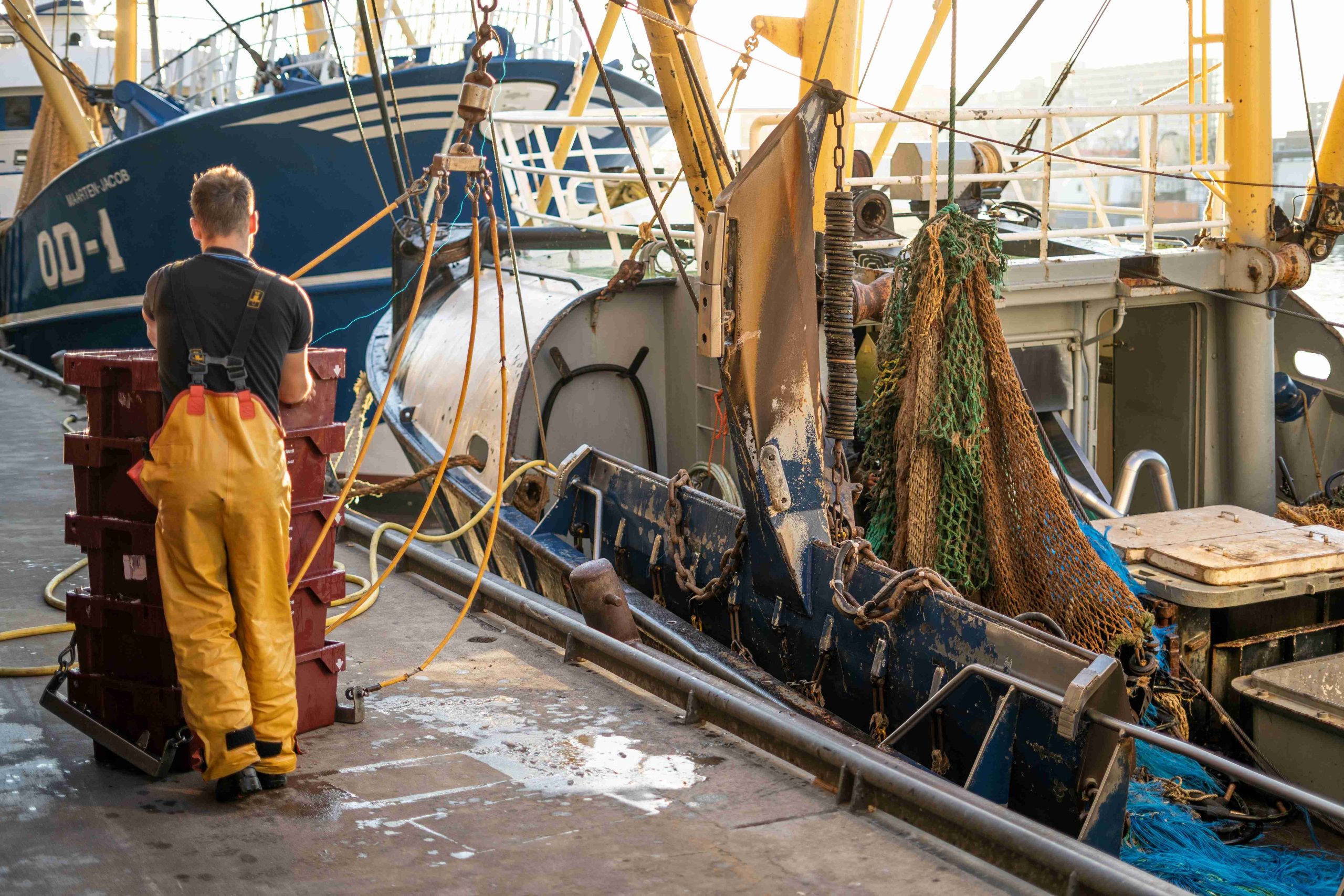
Operating a digital platform that connects consumers and restaurants directly with local, low-impact fishermen, enabling the purchase of fresh fish and promoting sustainable fishing practices.
About
Blue Lobster, located in Copenhagen, Denmark, operates a digital marketplace that revolutionises the seafood industry by focusing on sustainable and fresh fish consumption. Their principal service is an app which connects local, low-impact fishermen directly with restaurants and consumers. This method bypasses traditional supply chain stages, ensuring fresher seafood and supporting small-scale fishermen with fair pricing, thereby promoting sustainable fishing practices. Blue Lobster was established following a realization by our founders, Nima Tisdall and Christine Hebert, about the lack of access to truly fresh fish in Denmark. They identified a significant gap in the market, given Denmark's reputation for environmental and sustainable practices and its easy coastal access. Our business journey began as a part of the Climate Launchpad 2019, a platform that significantly influenced our development. The initial success came from establishing a direct link between local fishermen and consumers, bypassing the lengthy traditional supply chain. This approach not only provided fresher fish to consumers but also supported the financial stability of small-scale fishermen. A key turning point for Blue Lobster was the development and launch of our digital platform. This innovation was pivotal in connecting restaurants and consumers directly with local, low-impact fishermen, which was a novel approach in the seafood industry. It marked our transition from a concept to a functional business making a real impact. Since then, we have been successfully expanding our reach in Copenhagen and exploring opportunities for international growth.
Sustainable Development
At Blue Lobster, our most sustainable endeavour is our digital marketplace, linking local, low-impact fishermen directly with restaurants and consumers. This platform significantly lessens the environmental footprint typically associated with the seafood supply chain. By enabling the sale of sustainably caught fish, we contribute to marine ecosystem preservation and endorse environmentally responsible fishing practices. Our dedication to sustainable development is continuous. We regularly explore innovative solutions to boost sustainability in the seafood industry. This involves adapting to market demands and leveraging new technologies to further lessen our environmental impact. In recent years, we've implemented key sustainability solutions. The most notable is our app's launch, which ensures transparency and traceability in seafood sourcing. This is crucial for sustainable consumption. Moreover, our business model inherently supports sustainable fishermen by providing a fair and viable market. These efforts have established us as a leader in sustainability within the Copenhagen seafood market, demonstrating our commitment to environmental responsibility and innovative approaches in promoting sustainable fishing practices.
Sustainability Impact
Sustainable development is not just a part of our operations at Blue Lobster; it is the heart of our business ethos. It positively impacts every aspect of our operations, guiding our decisions and strategies. Our entire business model is built around the concept of sustainability, particularly in promoting and facilitating the sale of sustainably caught fish. This focus on sustainability has been fundamental in establishing our brand identity and appeal, especially among environmentally conscious consumers and restaurants. Sustainability is a significant aspect within our company, ingrained in our corporate culture and embraced by every team member. While we do not have a dedicated department solely for sustainability, the responsibility for implementing and coordinating adherence to sustainable development principles is a collective effort, deeply embedded in our management's vision and operations. Our founders, Nima Tisdall and Christine Hebert, play a pivotal role in ensuring these principles are at the forefront. Additionally, each employee is encouraged to contribute ideas and actions towards our sustainable practices, making it a company-wide commitment rather than the responsibility of a single individual or department. This collective approach ensures that sustainability remains a core focus in everything we do at Blue Lobster.
SDGs goals and Sustainable development strategy
Goal 12. Responsible Consumption and Production: We at Blue Lobster are deeply committed to ensuring sustainable consumption and production patterns. Our digital platform promotes the consumption of sustainably caught fish, directly sourced from local fishermen. This approach minimises waste and encourages responsible production in the seafood industry. We continuously work towards reducing our operational footprint and encouraging our partners and customers to do the same.
Goal 13. Climate Action: Climate action is intrinsic to our mission. By promoting sustainable fishing practices, we contribute to reducing the negative impacts of fishing on the marine environment. This includes mitigating practices like bottom trawling that can be detrimental to marine ecosystems. Our business model inherently supports the fight against climate change by prioritising low-impact fishing methods.
Goal 14. Life Below Water: Conserving and sustainably using the oceans, seas, and marine resources is at the core of what we do. Blue Lobster was founded on the principle of supporting sustainable fishing practices. We collaborate with fishermen who use low-impact gear, reducing damage to the ocean floor and by-catch. By creating a market for sustainably caught fish, we incentivise fishermen to adopt practices that are less harmful to marine life.
Innovative approaches &Challenges
The primary challenge was restructuring the traditional seafood supply chain. The conventional system is entrenched with various intermediaries, leading to inefficiencies, increased carbon footprint, and often, unsustainable fishing practices. Our solution was the development of a digital platform that directly connects fishermen with consumers and restaurants. This innovation required not only technological development but also a shift in mindset for both fishermen and consumers, who were accustomed to the traditional supply chain The business environment and our stakeholders indeed impose more adaptations. For example, as we expanded our reach, we faced the challenge of maintaining the freshness of fish while reducing our carbon footprint. To address this, we developed a logistics system that optimises delivery routes, thereby minimising travel distances and emissions. Additionally, stakeholder feedback has led us to prioritise transparency in our supply chain. We adapted by incorporating features in our app that allow consumers to trace the origin of their purchased seafood, providing details about the catch, the fishing method used, and the individual fishermen. This level of transparency not only aligns with our sustainability ethos but also builds trust with our customers.
Impact Evaluation
We track several key indicators to evaluate our sustainability impact. These include: Carbon Footprint Reduction: We calculate the emissions saved by eliminating intermediary steps in the seafood supply chain and optimizing delivery routes. Fishermen's Economic Stability: We monitor the financial benefits reaped by local fishermen due to fair pricing and direct access to the market. Customer Satisfaction and Awareness: Through surveys and app analytics, we gauge customer satisfaction levels and their awareness of sustainable seafood. Seafood Freshness and Quality: We assess the quality and freshness of the fish sold through our platform, a direct indicator of reduced time from catch to consumer. These indicators are monitored continuously, with detailed reviews conducted on a quarterly basis. Our sustainability team, in collaboration with other departments such as logistics and customer relations, is responsible for this monitoring. They ensure that data is accurately collected, analyzed, and used to inform future business decisions.
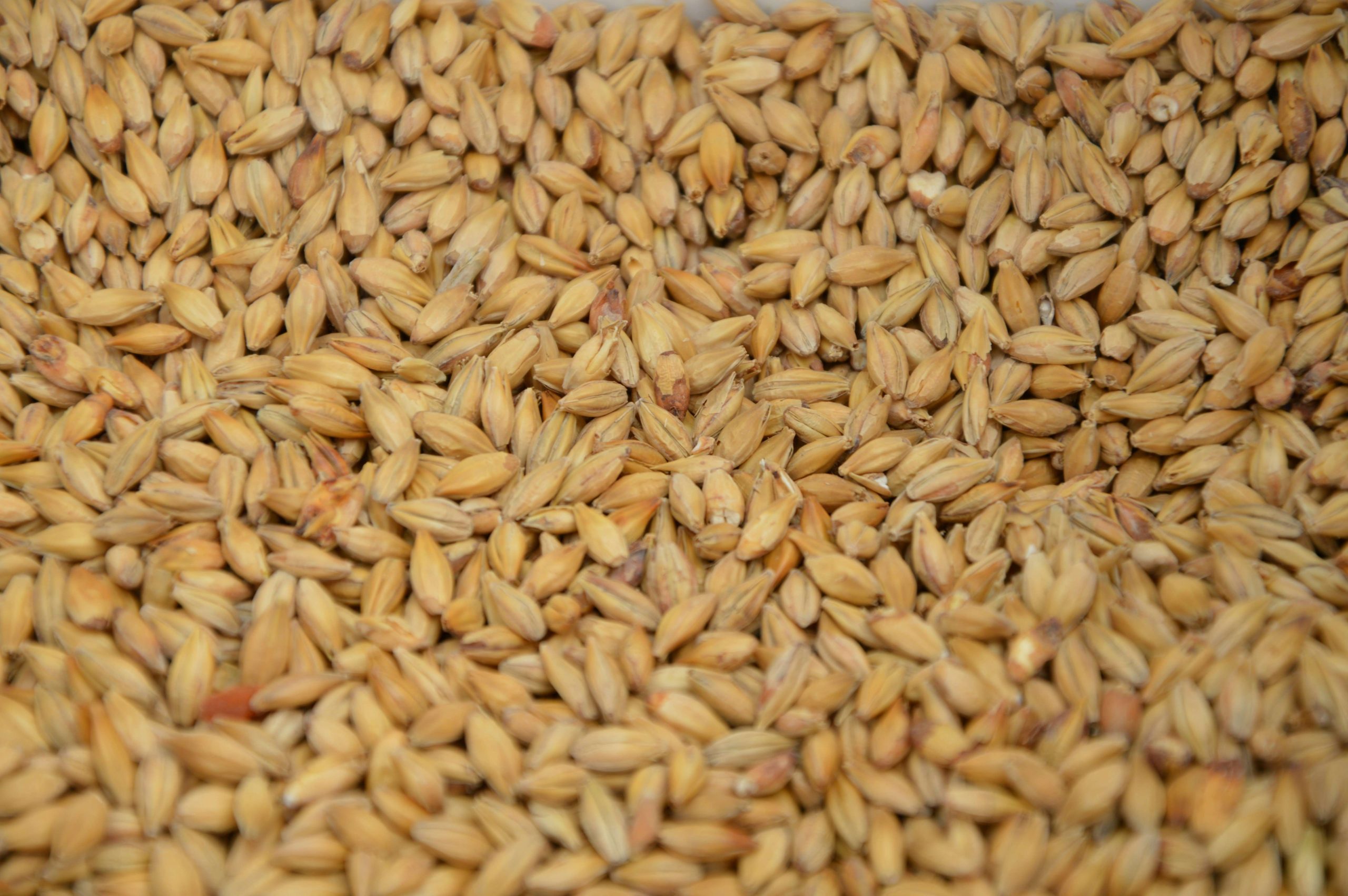
They strive to make highly nutritious, zero-waste food products easily accessible in Ireland.
About
BiaSol was founded in 2020 by a brother and sister team passionate about nutrition, sustainability, and reducing food waste. Ruairi whose background in accounting and finance provided the business acumen necessary to navigate the financial aspects of their venture & Niamh Dooley’s using her experience in food science, played a crucial part in coming up with new ideas for making healthy food products. Idea originated from recognising the abundance of spent brewing grain in Ireland's craft beer industry and the potential to repurpose it into nutritious food products. The company's establishment coincided with a growing global awareness of sustainable practices and healthier eating habits. Key milestones include securing partnerships with local breweries for a consistent supply of spent grain. They strive to make highly nutritious, zero-waste food products easily accessible in Ireland. By using spent grain from the brewing process, they add another phase of life to it by drying and milling the grain. This grain has a high nutritional value, especially as a source of fibre. They have a range of retail products derived from the spent grain and thus are creating a circular economy.
Sustainable Development
By repurposing spent brewing grain into nutritious food products, the company effectively addresses food waste while promoting circular economy principles. They have implemented zero-waste manufacturing practices, emphasising efficient resource utilisation and minimising environmental impact. BiaSol actively engages in community education initiatives, raising awareness about sustainable living and responsible consumption. Their dedication to sustainability is evident in every aspect of their operations, reflecting a genuine commitment to environmental stewardship and social responsibility.
Sustainability Impact
Sustainable development is paramount for BiaSol as it aligns with its core values, business ethos, and long-term viability. By embracing sustainability, BiaSol not only mitigates environmental impact but also enhances brand reputation and consumer trust. Sustainability and circularity are at the core of everything BiaSol does. By repurposing food waste (spent brewing grain) they have found a viable way to be more sustainable AND create healthy food products. The rapid growth of craft brewing across Ireland led them to their first ingredient: brewers’ spent grains. This is their primary resource, but they are in turn eliminating/ reducing brewery waste from several breweries around their region.
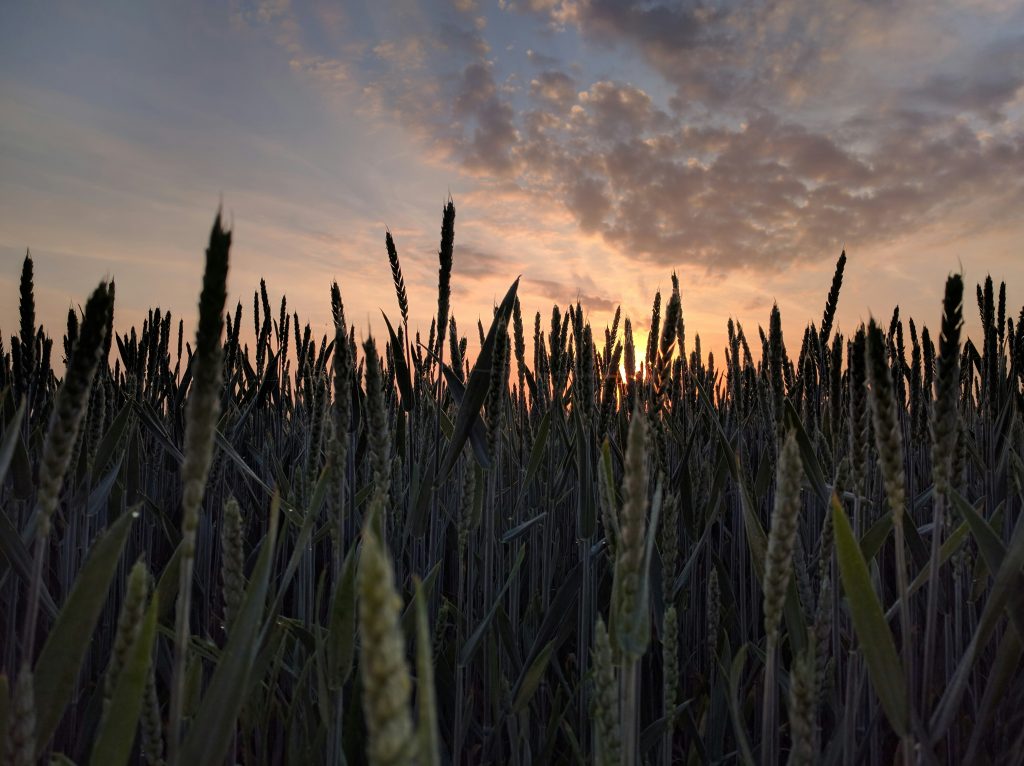
SDGs goals and Sustainable development strategy
Goal 3. Good Health and Well-Being
GOAL 9: Industry, Innovation and Infrastructure
Goal 12. Responsible Consumption and Production
Strategy & Mission
BiaSol is a sibling run company in the heart of Ireland creating a range of innovative food solutions. They strive to make highly nutritious, zero-waste food products easily accessible in Ireland. By supporting their business, consumers are making a better choice for their health and that of our planet. BiaSol is leading the way in the Irish Bioeconomy Sector.
Innovative approaches &Challenges
BiaSol has implemented several innovative approaches and adaptations to meet its sustainability goals, setting a benchmark in the food manufacturing industry. One notable initiative is their utilisation of spent brewing grain, a byproduct of the brewing process, as a key ingredient in their food products. By repurposing this otherwise discarded material, BiaSol not only reduces waste but also maximises resource efficiency, contributing to a circular economy model. BiaSol has also embraced zero-waste manufacturing practices, implementing efficient production methods to minimise waste generation throughout their operations. This includes optimising ingredient sourcing, packaging materials, and production processes to minimise environmental impact. These initiatives showcase BiaSol's dedication to responsible business practices and serve as a positive example for the food manufacturing industry. Through its innovative approaches and commitment to sustainability, BiaSol strives to make a meaningful contribution to environmental conservation and resource efficiency.
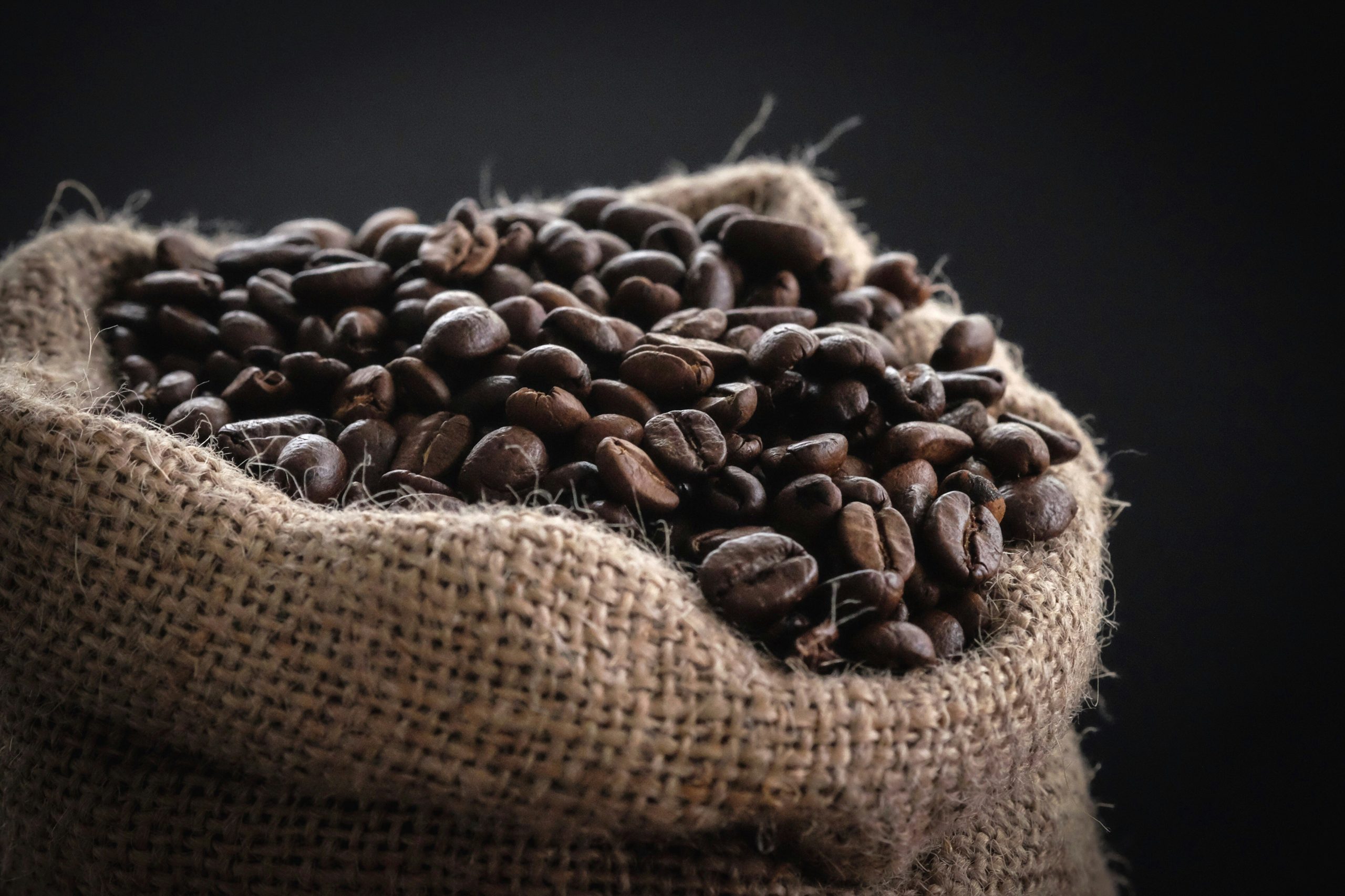
A family-owned coffee roastery located in Skolwin, Szczecin.
About
Established in 2019, Dolla is a family-owned coffee roastery nestled in Skolwin, Szczecin. Over the past 4.5 years, we've curated a selection of premium coffees crafted from meticulously chosen and roasted beans worldwide. Our artisanal, slow-roasting process sets us apart, ensuring a rich taste and aroma. Our selection includes both whole bean and ground coffees, packaged in craft bags of 250g, 500g, and 1kg. In addition to our physical stores, we've expanded our reach through nationwide shipping, leveraging our online store for a seamless shopping experience. Our key milestones include perfecting our craft, introducing diverse coffee blends, and embracing a growing community of coffee and tea enthusiasts across Poland. For enthusiasts of high-quality teas, we provide black, green, red, and white teas—both pure and with added flavors. Whether you're in search of exceptional coffee beans from around the world or delightful aromatic teas, explore our offerings.
Sustainable Development
Dolla has witnessed a significant increase in the importance of sustainability in recent years. Our experience indicates a growing awareness among consumers regarding eco-friendly practices. Over the past 4.5 years, we've observed a positive shift in customer preferences toward products and services from businesses actively contributing to environmental and community well-being. Our journey, starting in 2019, reflects this changing landscape, with sustainability becoming a focal point for both our customers and our business operations.
Sustainability Impact
Sustainable development is paramount for Dolla as it not only aligns with our values but also influences our competitive advantage. Customers increasingly seek products and services from brands committed to environmental and social responsibility. Recognizing this, sustainability has become a cornerstone of our business strategy, contributing to our success and customer loyalty. To stay committed to sustainable development, we advocate for actions such as waste reduction, eco-friendly packaging, investment in renewable energy, and support for local suppliers. This strategic emphasis ensures Dolla remains not only a business entity but also a responsible contributor to a better world.
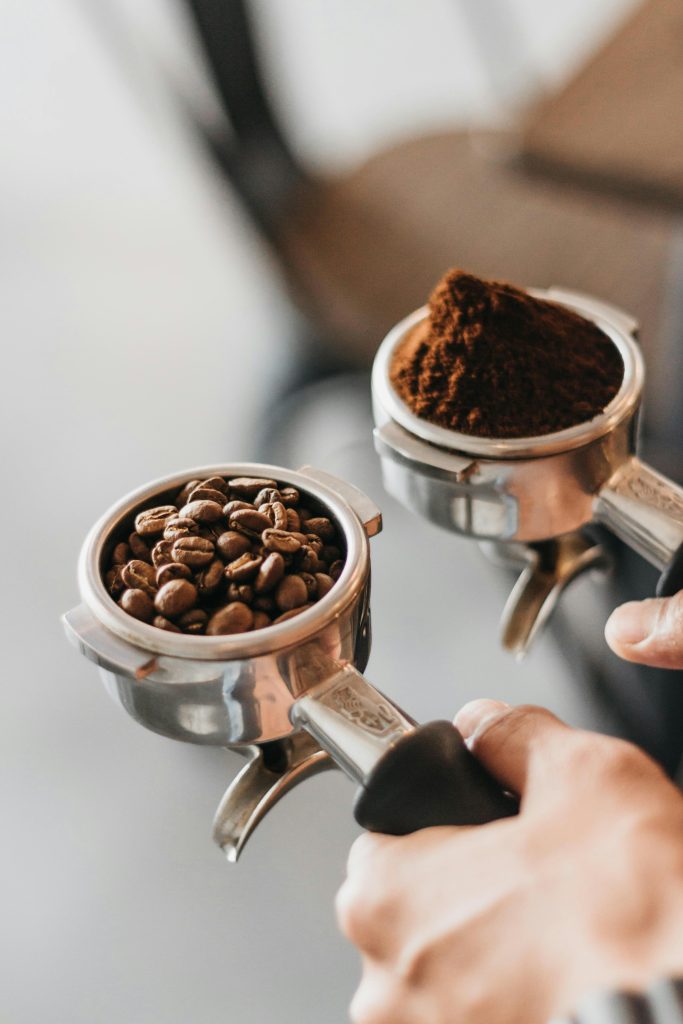
SDGs goals and Sustainable development strategy
Goal 3. Good Health and Well-Being: The company actively promotes a healthy lifestyle by offering high-quality coffee and premium teas that are safe and beneficial for health. We continuously educate our customers on the value of our products and encourage healthy habits. Additionally, we contribute to local initiatives promoting physical activity and a healthy lifestyle, such as sponsoring events like the Skolwińska Mila Run.
Goal 4. Quality Education: Our firm invests in inclusive and fair education by providing our employees with continuous opportunities for development. We support our workforce by adapting working conditions to accommodate their educational needs, ensuring a conducive environment for learning and growth.
Goal 5. Gender Equality: The majority of our workforce comprises women who work under equal or better conditions than their male counterparts. We actively recognize and appreciate the value of women in our business, fostering an environment that prioritizes gender equality.
SDG 6: Clean Water and Sanitation: To contribute to ensuring access to clean water and sustainable water management, we focus on efficient water use. Our operations aim to minimize water consumption, and we promote water-saving technologies. Additionally, we install environmentally friendly devices, such as toilets with reduced water consumption.
Goal 8. Decent Work and Economic Growth: The company provides dignified working conditions for all employees, offering fair remuneration, a safe working environment, and opportunities for professional development. We extend our commitment to supporting local communities by creating job opportunities and promoting local businesses in our supply chain.
SDG 9: Industry, Innovation, and Infrastructure: Our business actively engages in innovation in product and service development to better meet customer needs. We continuously strive to introduce innovations in our machinery and processes, contributing to resilient infrastructure and sustainable industrialization.
Goal 12. Responsible Consumption and Production: In alignment with responsible consumption and production, we implement practices that minimize waste, promote recycling, and use eco-friendly packaging. Collaborating with suppliers, we ensure the timely fulfillment of supplies without allowing potential losses in product quality. We educate our customers on the benefits of responsible consumption and prioritize products that are sustainable environmentally and socially.
Strategy & Mission
At Dolla, our mission is to redefine the narrative of coffee and tea consumption by prioritizing sustainability, quality, and social responsibility. We envision a world where every sip of our beverages not only delights the palate but also contributes to the well-being of communities and the planet. Our mission extends beyond the pursuit of profit to encompass a holistic approach to business. We aim to be a catalyst for positive change in the beverage industry, promoting ethical sourcing, fair trade practices, and environmentally conscious production. Our vision for sustainability is deeply embedded in every aspect of our operations. We aspire to lead by example, demonstrating that a successful business can coexist harmoniously with environmental conservation and social responsibility. By embracing innovation and strategic partnerships, we seek to set new standards for sustainable business practices in the industry.
Innovative approaches &Challenges
At our core, our business is driven by a profound commitment to sustainability, reflected in our mission and vision. We understand that a thriving future depends on the harmonious integration of economic, environmental, and social considerations. Our mission is to provide high-quality products while actively contributing to the well-being of the planet and its inhabitants. We seek to foster a positive impact on society by promoting healthy living, supporting education, and empowering gender equality. In line with this mission, we continuously strive to function sustainably, weaving this commitment into the fabric of our day-to-day operations. Presently, the company is executing an expansive strategy with intensive investments, aiming to intertwine sustainable development into various facets of our business. This includes conscientious resource utilization and addressing social aspects to ensure a well-rounded approach. Our vision extends beyond immediate business success; we envision a future where our operations serve as a model for sustainable and responsible business practices. We aspire to lead the way in proving that economic growth can coexist harmoniously with environmental stewardship and social responsibility. Current Strategies: As part of our ongoing commitment to sustainable development, our business is currently engaged in an expansive strategy coupled with intensive investments. We meticulously incorporate sustainability into our strategic decisions, considering factors such as resource utilization and social impacts. This approach aligns with our vision of a business that not only succeeds financially but also contributes meaningfully to a sustainable and equitable future.
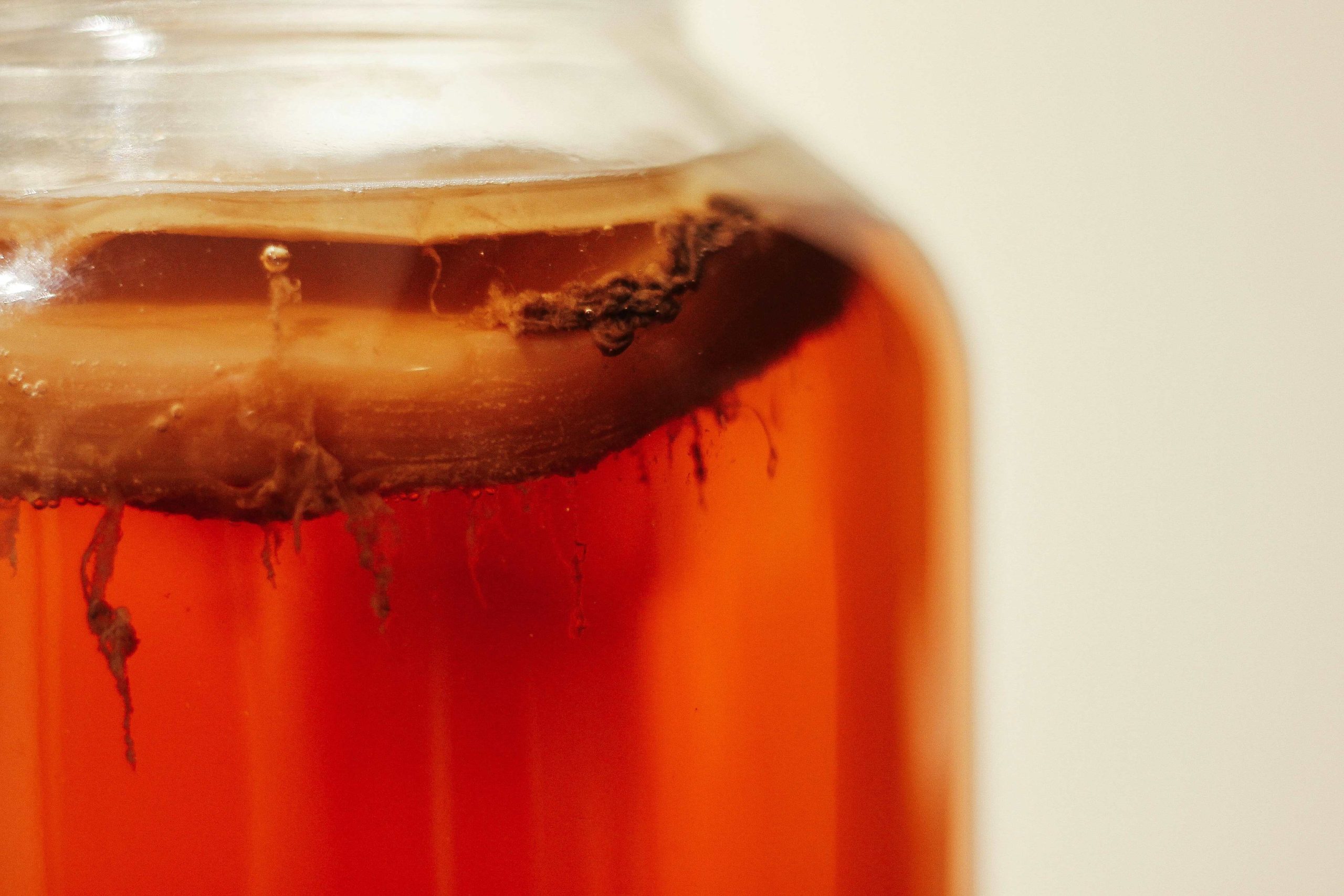
Ireland's Only Carbon Neutral Kombucha Brewery. Serving cans of unpasteurised, LIVE and organic kombucha since 2017 – hand-canned and brewed in Galway, Ireland
About
All About Kombucha was established in 2017 by young co-founders and friends, Keith Loftus and Emmett Kerrigan in Galway, Ireland. The idea for the business arose after the founders returned from Canada, where they discovered kombucha. Realising the potential of this health-promoting beverage, they set out to create their own brew, focusing on sustainability and supporting Irish communities. They strive to make a difference by supporting Irish, making sustainable choices and helping people to take their health into their own hands. They make tasty kombucha that is good for the gut, good on the palate and good for the planet. They are constantly striving to innovate new products and their range now extends to Tea kits, AAK clothing/merchandise and recently to Beer. Key milestones include the launch of their carbon-neutral kombucha brewery, expansion into new product lines such as tea kits and beer, and their commitment to sustainability through initiatives like 1% for the Planet and donations towards native tree planting and regenerative agriculture.
Sustainable Development
All About Kombucha has demonstrated a strong commitment to sustainability in its operations. The company prioritises using organic ingredients and implements carbon-neutral production methods. They strive to minimise waste through zero-waste initiatives and support regenerative agriculture. Additionally, they have expanded their product offerings to include tea kits and beer, continuing their mission to provide sustainable and health-conscious options to their customers. The AAK team is constantly making sustainable choices and helping people to take their health into their own hands. They make tasty kombucha that is good for the gut, good on the palate and good for the planet. Along with this, they are proud members of 1% for the Planet. It’s All About’s belief that giving back is a small price to pay in exchange for doing business on this planet. They donate 10% of their brewery profits annually towards the planting of Native Irish Trees and the support of Regenerative Agriculture across the country.
Sustainability Impact
Sustainable development is integral to the ethos of All About Kombucha, as it aligns with its core values of making a positive impact on the planet and supporting local communities. By prioritising sustainability, the company not only minimises its environmental footprint but also fosters long-term resilience and growth. They believe that embracing sustainable practices enhances brand reputation, attracts environmentally conscious customers, and promotes innovation. Sustainable development ensures the company's viability in the face of evolving environmental and social challenges, ultimately contributing to the well-being of both people and the planet.
https://www.allaboutkombucha.ie/
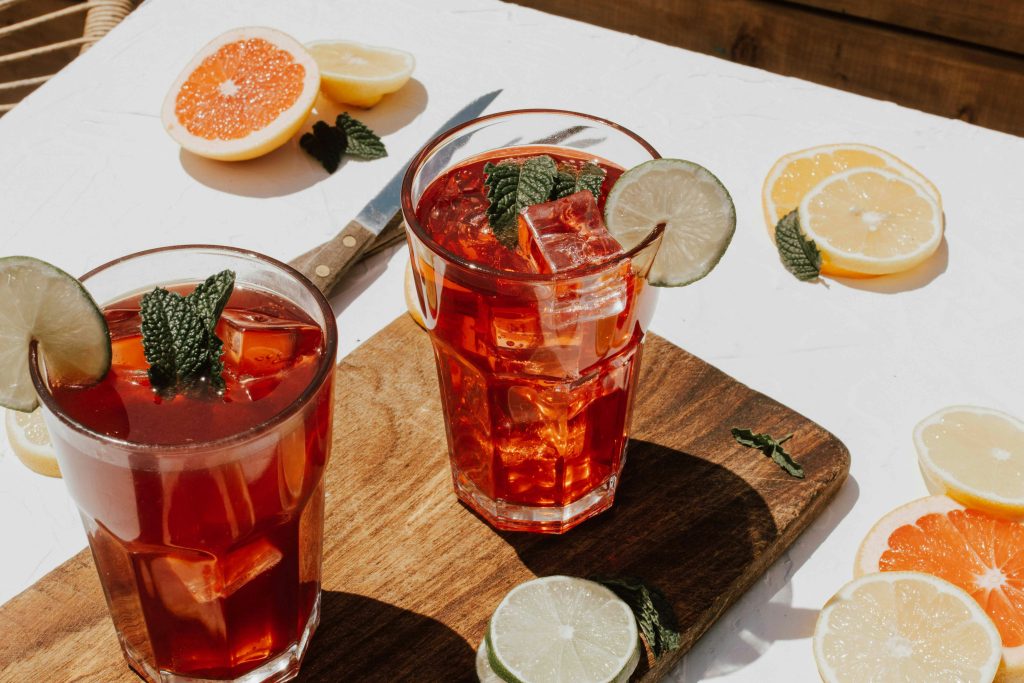
SDGs goals and Sustainable development strategy
Goal 2. Zero Hunger: Promote sustainable agriculture through ethical beekeeping. Also honey never goes bad so they also educate people to understand that honey never goes bad even if it changes forms (eg. If it crystalizes it does not mean its bad, it is due to the weather – it is colder). Additionally, they hold workshops on collecting herbs. They believe that nature can offer more than we think, for example they teach which herbs can be found in your own back yard that are not only edible but also nutritious. Lastly, they also deal with a lot of kids that have nutritional difficulties but really like honey.
Goal 3. Good Health and Well-Being: Their products support health and wellbeing in all their consumers.
Goal 5. Gender Equality: They have a gender balanced team of staff giving equal opportunities to all and encourage skills development.
Goal 12. Responsible Consumption and Production: They respond to this goal via their zero food waste strategies and their new and improved packaging and production practices.
Goal 13. Climate Action: They donate 10% of their brewery profits annually towards the planting of Native Irish Trees and the support of Regenerative Agriculture across the country.
Strategy & Mission
Co-founders Keith & Emmett came back to Ireland still only in their twenties, after spending some time in Canada, where they first discovered Kombucha. It was then that they realised that they needed to create a brew of their own, and so, All-About-Kombucha was born. They established a core set of values that they’ve continued to follow from day one: Be Sound, Cause Minimal Harm, Work Hard, Uncap Creativity, and Practise Self-Actualisation. They strive to make a difference by supporting the Irish, making sustainable choices and helping people to take their health into their own hands.
Innovative approaches &Challenges
All About Kombucha has implemented several innovative approaches and adaptations to meet their sustainability goals, demonstrating their commitment to environmental stewardship and social responsibility. One notable innovation is their focus on carbon neutrality. By optimising their production processes and implementing energy-saving measures throughout their operations, such as optimising brewing and canning processes, All About Kombucha has significantly reduced its carbon footprint. This approach not only minimises environmental impact but also sets a precedent for sustainable practices within the beverage industry. The company has introduced zero-waste initiatives to address waste management challenges. They have implemented strategies to reduce, reuse, and recycle materials across their production and packaging processes. They continuously explore new flavours and product lines, incorporating locally sourced, organic ingredients whenever possible. By diversifying their product offerings to include tea kits and beer, they cater to evolving consumer preferences while promoting sustainable agriculture and supporting local farmers.
Impact Evaluation
The implementation of sustainable practices by All About Kombucha has had a significant impact on the business, its stakeholders, and the environment. One measurable achievement is the reduction of the company's carbon footprint through carbon-neutral production methods and energy-saving measures. By optimising their brewing and canning processes, the company has effectively minimised its environmental impact, contributing to the mitigation of climate change. These sustainable practices have positively impacted employee satisfaction. By fostering a culture of environmental responsibility and social consciousness, All About Kombucha has created a more engaging and fulfilling work environment. The company's sustainable practices have improved community relations. All About Kombucha's commitment to using organic ingredients, supporting local farmers, and minimising waste resonates with environmentally conscious consumers. This has strengthened the company's reputation and built trust within the community, leading to increased customer loyalty and brand recognition. AAK has a strong youth following and is particularly good at organising education and fun events where they inform consumers of the health benefits and spread news of their ethical and sustainable efforts. They have a ‘booch-bar’ which has travelled the country to corporate events and festivals where they DJ-ed to their audiences. They also have a strong presence and following on social media targeting the youth sector.
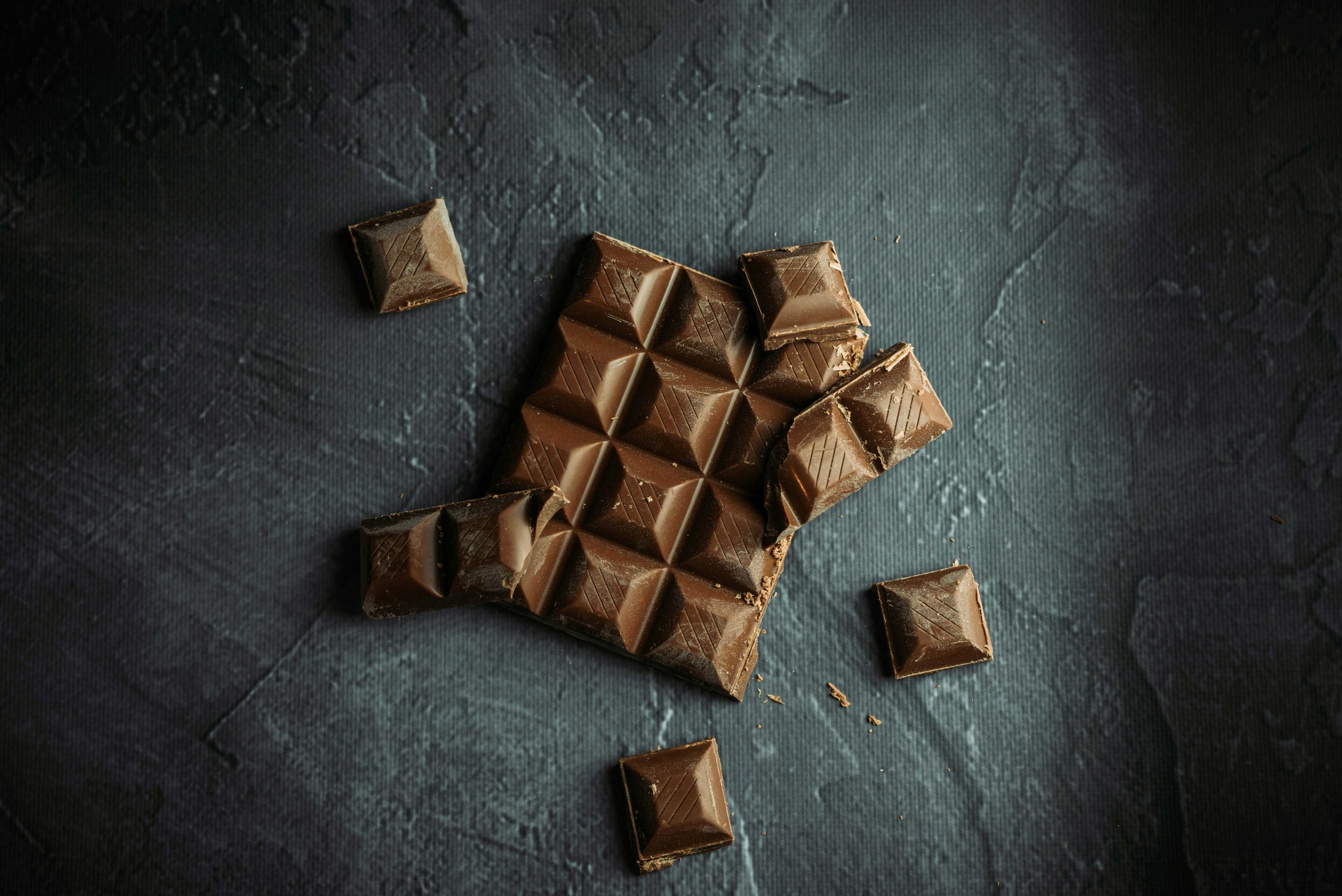
Food industry, confectionery, chocolate and chocolate products
About
The nu company wants to revolt the chocolate industry with its products: true to the motto "For a world in which we all want to live: Green, fair and outrageously delicious", they market the popular confectionery according to different standards than the global competition. This is because the latter is partly responsible for several serious abuses: child labour still exists in this industry, rainforest areas are deforested and pesticides are used. In addition, chocolate products are usually packaged in plastic, which is rarely recycled. The nu company firmly believes that consumers should not sacrifice the pleasure of chocolate to adopt environmentally friendly practices. They advocate that, by assuming responsibility for their business practices, producers can provide a guilt-free and eco-conscious indulgence for consumers. In addition to classic chocolate bars and bars in various flavours, the company's product range now also includes nuts and freeze-dried fruit with a chocolate coating, which are marketed under the trade name Nucao.
Sustainable Development
Nucao has integrated sustainability into its business plan from the outset, demonstrating a steadfast commitment to pioneering sustainable practices. The company prioritizes organic certification, fair trade partnerships, environmental impact reduction, and climate-neutral production. Utilizing renewable energies, sustainable packaging, and supporting local communities are core elements of Nucao's approach. This holistic strategy emphasizes environmental, social, and economic considerations, aiming not only to deliver quality products but also to contribute positively to a more sustainable future.
Sustainability Impact
The aspect of sustainability is an integral part of Nucao's business activities. All processes and actions are designed with this aspect in mind. They not only focus on the area of environmental impact, but also on social issues. Transparency has always been important to them - greenwashing is not an option for the company.
https://www.the-nu-company.com/
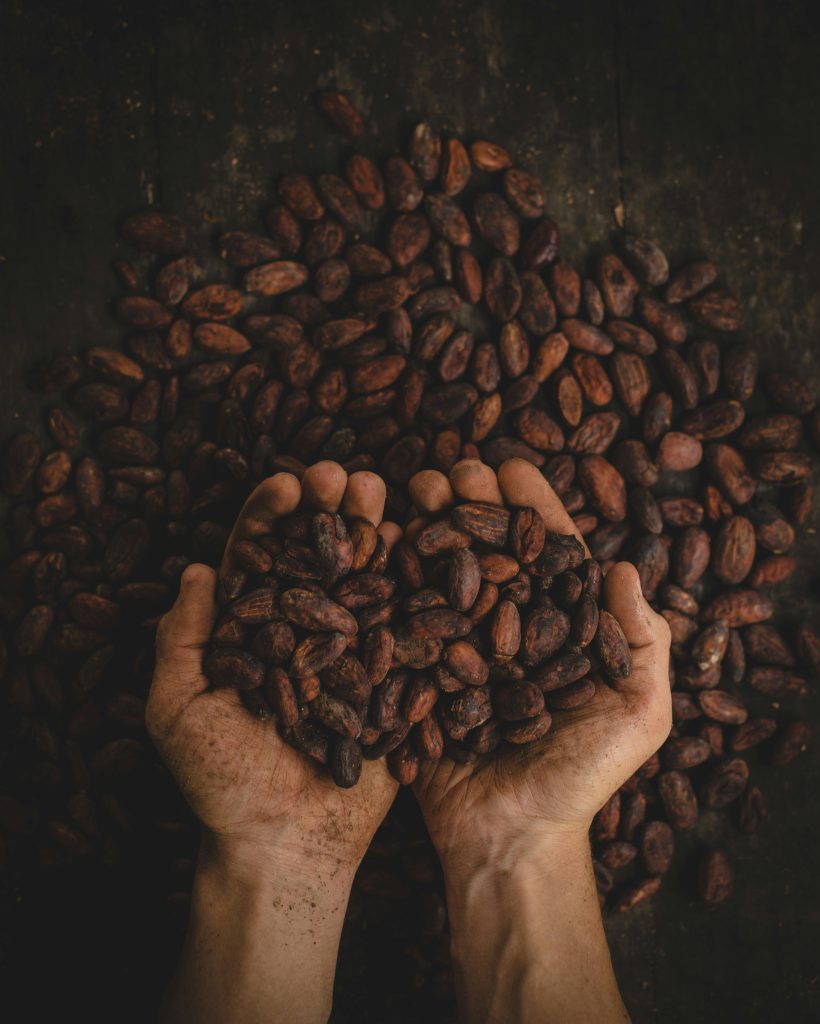
SDGs goals and Sustainable development strategy
GOAL 1: No Poverty: Fair payment for cocoa farmers & Added value for the communities implementing the reforestation projects.
Goal 3. Good Health and Well-Being: Reduced sugar products, without flavourings and sweeteners & few, natural ingredients with high nutritional density.
Goal 5. Gender Equality: Women and men are both paid a fair wage.
Goal 12. Responsible Consumption and Production: Fair trade; Ecological cultivation of various ingredients (e.g. sugar beet) and promotion of biodiversity on site & vegan products; animal suffering is avoided by not using animal ingredients.
Goal 13. Climate Action: Reforestation projects; Promotion of organic production & Sustainable (compostable) packaging.
GOAL 15: Life on Land: Less deforestation through payment of premiums to farmers. When payments are low, farmers sometimes resort to environmentally damaging practices. For example, they then expand their areas through illegal deforestation in order to generate more income.
GOAL 17: Partnerships to achieve the Goal: The nu company is a network partner of various associations such as Startups for Tomorrow and The Good Food Collective.

Strategy & Mission
With nucao, the three young entrepreneurs want to create a flagship project for sustainable business. Their mission is not only to sell sustainable products but also to convey the message that consumption does not always have to end in a conflict between pleasure and conscience. They want nothing less than to sell a holistically sustainable product (ingredients, packaging, support for social projects at the time of purchase). One of their key projects to offset unavoidable emissions is the reforestation of forests in Madagascar and Nepal. The aim is to plant one billion trees.
Innovative approaches &Challenges
Nucao obtains 100% of its cocoa from organic sources in Peru. The farmers are paid fairly. Only fair payment enables them to avoid exploitative practices such as child labour, deforestation and the use of pesticides. The company therefore pays the farmers an extra premium in addition to the organic and Fairtrade bonus. This amounts to 3500 US dollars per tonne of cocoa. For comparison: the trade price for cocoa is around 2400 US dollars (as of 11/2022). In addition, the smallholders receive a share of the sales price, which they can use for social purposes within their community. Nucao also promotes local biodiversity with mixed crops and agroforestry. The chocolate products are packaged in environmentally friendly home-compostable film or recyclable paper. Nucao is the first chocolate manufacturer to use paper packaging as its primary packaging.
Advice
Do not set your goals too high and keep your focus. The quality of target fulfilment is crucial. Nucao took a step back with the health promise and switched from coconut blossom sugar to beet sugar, as this is more in line with the sustainability promise and they have chosen this as their main focus. It is often better to focus on a few areas and consistently pursue the projects that have been defined. However, these changes and rebalancing of corporate values should always be transparent. Nucao made the right decision here with the relaunch and took the consumers with them. The trust of the target group must not be violated. Consumers in particular, who consider sustainability to be an important quality feature, must be able to rely on the promises made by companies, as they cannot check the relevant processes themselves.